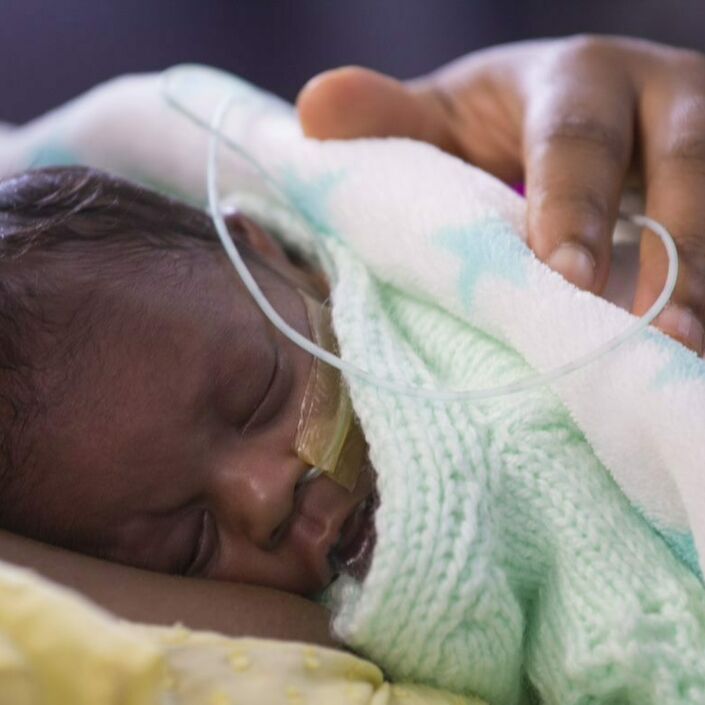The National Perinatal Epidemiology Unit at the University of Oxford have published findings from the study which showed that while most babies born premature do very well in the long term, they are more likely to have difficulties with their health and development, and they are more likely to have special educational needs. Bliss has been delighted to support this study to add to our understanding of the longer-term impact of prematurity.
Caroline Lee-Davey, Chief Executive of Bliss, said: “Every child who is born premature is unique and their development and achievements will be individual to them. However, these new findings are significant and add to our understanding of how prematurity is related to longer-term educational attainment, particularly for children who were born very preterm.
“Most importantly, they highlight the need for all children who were born premature - and particularly those who were born before 32 weeks - to have access to early support. This means ensuring all eligible babies receive a follow-up check at 2 and 4 years as recommended by NICE, and for early years and educational professionals to be aware of the relationship between premature birth and development.
"We know these findings might be concerning for families with babies and young children. That's why Bliss has developed a suite of information to support families as they make choices about their child's education.''
Read the full findings here.
For information and support on your stage of the journey, you can also reach out to us on [email protected].


